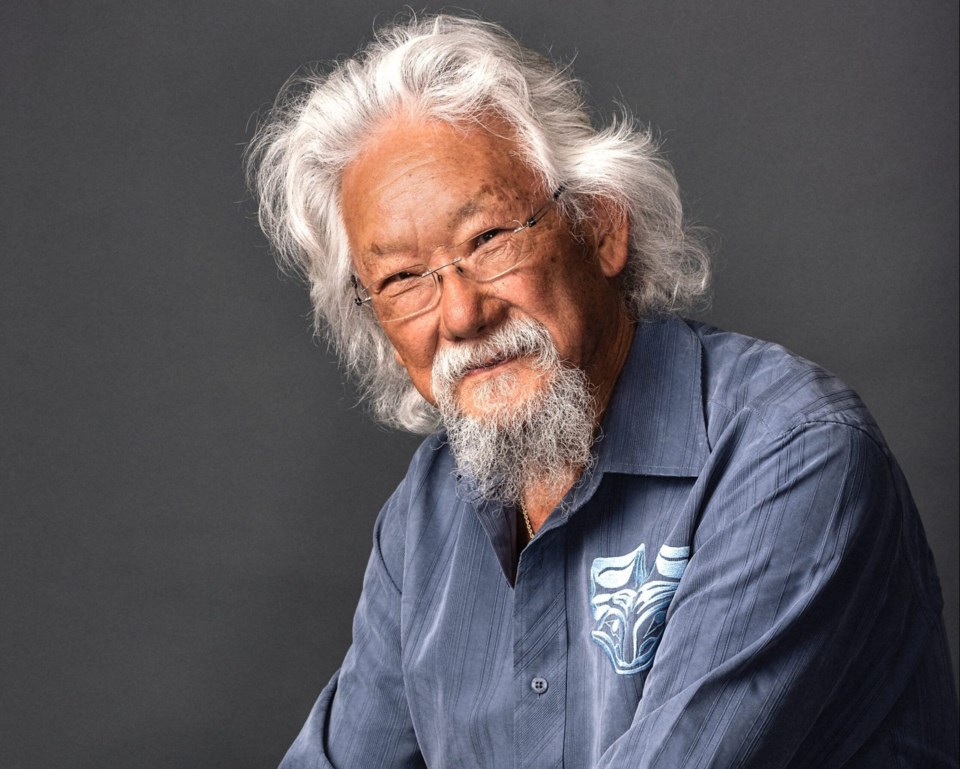An economic approach that rewards waste, greed and endless growth isn’t compatible with today’s reality. But as some cling to this destructive, outdated, fossil-fuelled system in their pursuit of greater wealth and power, others are experimenting with better ways.
We invent economic systems to facilitate production and distribution of goods, services and wealth, and to maintain societal stability. We’ve experimented with different forms over the course of human history, with mixed results.
Our current system — a form of hyper-consumer capitalism — evolved alongside the coal, oil and gas and automobile industries, with wars and an infrastructure-building boom topping up the coffers, especially in the United States and Canada.
These enterprises exemplify a rapacious form of capitalism: manufacture big, inefficient cars that wastefully burn lots of processed oil, and create car-centric cities, suburbs and infrastructure so polluting auto and fossil fuel industries can rake in enormous profits and the economy can keep growing. It’s not about efficiency, safety or better living; it’s about profit!
Even when we recognize that these industries have fuelled air, water and land contamination, global heating and wealth inequality, we get hypnotized into thinking this suicidal course is “normal” or “inevitable,” thanks to a system in which the obscenely rich can buy politicians and media voices and suppress dissent.
But people around the world are showing that better economic systems exist. From Nanaimo, British Columbia, to Tomelilla, Sweden, from Mexico City to Barcelona to Amsterdam, cities are integrating “doughnut economics” and “circular economy” principles into financial planning and decision-making.
A circular economy decouples economic activity from consumption of finite resources by ensuring that materials and products are kept from waste streams through reducing, reusing, refurbishing, recycling and composting.
Doughnut economics, developed by British economist Kate Raworth, places planetary boundaries at the outside of a ring, with social foundations at the centre. It sees the economy as a tool for living within ecological limits and providing for societal needs in a more equitable way. Unfortunately, we’ve already exceeded seven of the ring’s nine planetary boundaries, beyond which human life becomes more precarious.
These interdependent boundaries were first quantified in 2009 by 28 internationally renowned scientists led by former Stockholm Resilience Centre director Johan Rockström. The world has exceeded those relating to climate change, novel entities, ocean acidification, modification of biogeochemical flows, freshwater change, land system change and biosphere integrity. Stratospheric ozone depletion has been somewhat resolved, thanks to an international agreement, and atmospheric aerosol loading has yet to be transgressed.
The social foundations at the centre of the doughnut — based on the United Nations Sustainable Development Goals — are food security, health, education, income and work (including occupations such as housekeeping), peace and justice, political voice, social equity, gender equality, housing, networks (community and virtual), energy and water.
Exceeding critical boundaries (and failing to ensure crucial social needs are met) clearly results from adhering to an outdated scheme that encourages waste, greed and inefficiency in the name of endless growth and excessive profit for a small number of people, and that puts the economy above the natural systems our health and lives depend on.
Amsterdam adopted doughnut economic principles in 2020 to recover from the COVID-19 pandemic, prioritizing social wellbeing and environmental sustainability in renewable energy integration and housing development initiatives. In Tomelilla, doughnut economics has been used in public transit, education and recreation decisions.
It can be difficult for an economic system to work in isolation, especially if embedded in a larger system that encourages waste. But cities, while covering two per cent of the world’s terrestrial surface, use more than 70 per cent of natural resources and emit 70 per cent of greenhouse gases, making them a good place to initiate change.
We can’t hope to resolve the serious crises we face, from climate disruption to biodiversity loss, unless we change the systems that got us into the mess. It would be better to see this kind of economic sanity taking hold at higher levels of government, but if more cities lead, we might start to see a shift in our misguided economic perceptions.
Whether or not we can come to our senses before it’s too late is an open question. We can only hope and advocate for better, healthier ways of living.
David Suzuki is a scientist, broadcaster, author and co-founder of the David Suzuki Foundation. Written with David Suzuki Foundation Senior Writer and Editor Ian Hanington.
Learn more at davidsuzuki.org.



